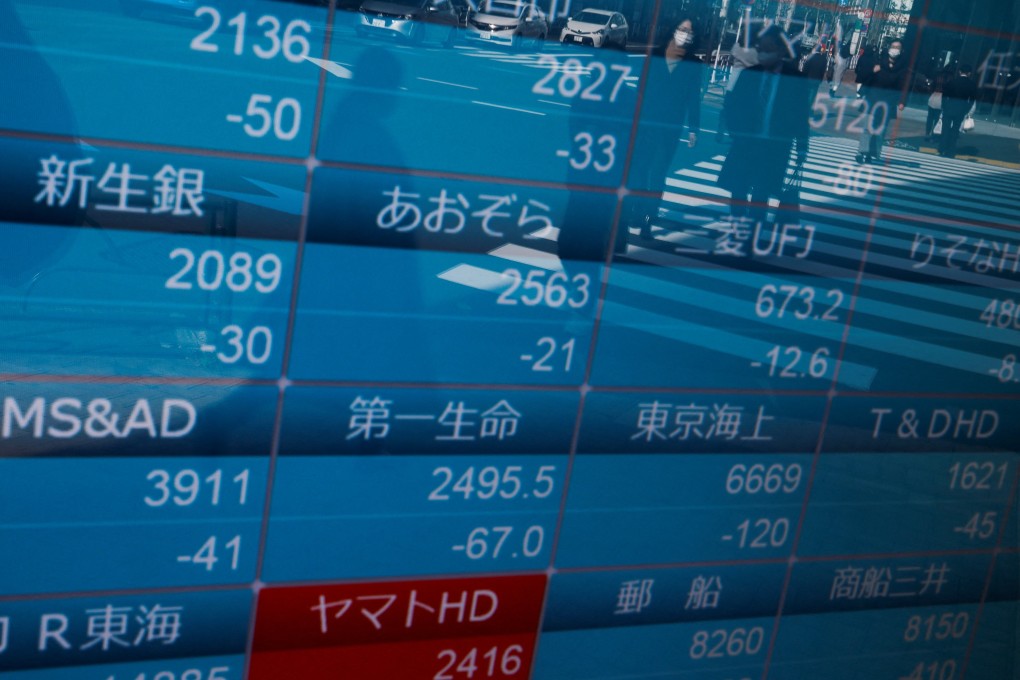Letters | Covid-19 is proof the global crises of our time are linked and need a holistic solution
- Readers call for rethinking our socioeconomic paradigm globally, more flexibility in enforcing Covid-19 restrictions on visits to children in hospitals, and less overreaction to Omicron’s risks

In these days of global crisis, it is vital that we critically re-examine the political and economic foundations of our societies.
Yet most analyses of the Covid-19 crisis have been piecemeal and parochial, reflecting their authors’ nationality or professional background. Or they are little more than potted histories or discussions exploiting the public’s anxieties.
In contrast, a new book I recently came across, Covid-19 and the Structural Crises of our Time, offers a comprehensive and cosmopolitan critique of the global economy and society amid the Covid-19 crisis.
While I disagree with many of the book’s specific arguments, I welcome and applaud its breadth and reach. The authors, Lim Mah-hui and Michael Heng Siam-Heng, argue that the problems exposed by Covid-19 are inextricably linked, and stem from our reliance on unfettered financial market capitalism. If humanity is to survive, they argue, we must overturn this tyranny, and return to the values that sustained humanity for most of its history.